The hen harrier has begun to drag its way back from extinction in England. But according to the grouse industry one organisation is stomping on its claws – the Royal Society for the Protection of Birds (RSPB).
On Tuesday, according to the Telegraph, a report by government environment advisory body Natural England was “set to reveal that RSPB have failed to nurture six nests it was responsible for at Bowland and Geltsdale. The remaining six successful nests – which were on or next to grouse moors – had no RSPB involvement and performed well, the report is expected to say.”
You Forgot the Birds (YFTB) – a campaign group the Telegraph neglected to inform its readers is funded by the grouse shooting industry – told the paper it was RSPB conservationists’ meddling and camera monitoring that led to the failure of the nests.
Are gamekeepers really doing a better job than the RSPB at protecting UK hen harrier nests, as the grouse industry claim? Photograph: Mark Hamblin/Alamy
“The so-called Royal Society for the Protection of Birds faces the inconvenient truth that the gamekeepers it blames for low hen harrier numbers are far better at looking after these birds than it is,” said the group’s spokesman Ian Gregory.
A Natural England spokesman said the Telegraph story was “really based on a completely false premise. There is no report and we wouldn’t criticise the RSPB in any shape or form because they are an important part of the attempt to conserve this rare and important species.” The Telegraph later told the Guardian it had not consulted with Natural England on the story.
According to Natural England, none of the 12 nests was on a grouse moor and all of the unsuccessful nests were adjacent to grouse moors. The RSPB said it was involved with three of the six successful nests. Gregory said he had “different views from different conservationists”.
The inaccuracies masked what should actually be a good news story for the conservation of the hen harrier. Natural England today released statistics showing 2015 was the best English breeding season for the species in five years. From 12 nesting attempts, 18 chicks were fledged. This is above the 1.2 per nest the UK government sets as its target for favourable conservation status of the species.Hen harrier breeding in England, 2010-2015
A conservation partnership between the RSPB, Natural England, the Moorland Association and the Forestry Commission uses similar procedures to monitor all nests in England. A spokeswoman for Natural England said there was no substantive difference in the treatment of successful and unsuccessful nests and the collaboration had helped bring about the best season in years. In 2013, no hen harriers bred successfully in England.
Despite the fragile return of English hen harriers, this spring was still one of discontent for conservationists. As the season wound on, one by critically endangered one, five males vanished. The females, who were mostly on nests in the Forest of Bowland, eventually had to abandon their nest to hunt for themselves.
“We do not see how the disappearances of male hen harriers while away from the nest can have anything to do with the nest itself,” said Jeff Knott, RSPB’s head of nature policy.
The practice of monitoring nests using cameras and tagging young is standard practice for conserving the birds. A project in Scotland during the 1990s involving similar techniques saw the number of breeding pairs on Langholm Moor rise from zero to 15 in six years then fall away again. A new programme on the moor, in which the RSPB and Natural England are partners, helped the number rise back to an “incredible” 10 successful nests and two failures in 2014.
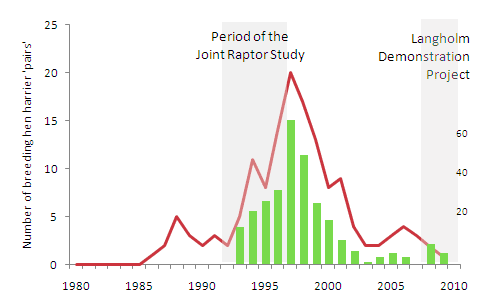
The predatory harriers are typically fond of the plump little grouse that scoot around Britain’s moorlands. But so are wealthy hunters. In the months following August’s “glorious 12th”, they will pay thousands of pounds per day to troop into managed estates and kill grouse who have been scared from cover by estate employees known as “beaters”.
Traditionally, gamekeepers killed off local harriers and other birds of prey to bolster grouse numbers, causing populations to crash. The practice is now outlawed, but in 2013 the RSPB received 238 reports about birds of prey that had been shot or poisoned across the UK. Convictions for raptor persecution under wildlife crime laws are extremely rare, despite evidence that it continues. In the case of the male harriers disappearing from Bowland, Lancashire police told the Guardian the lack of bodies meant there was no evidence to suggest a crime had been committed.
Gregory described persecution as “an article of faith” for conservationists. He said there was no hard evidence gamekeepers were killing hen harriers, the last prosecution relating to the species was in 2001.Advertisement
Research by the Department of Environment, Food and Rural Affairs has found persecution, mostly in the form of shooting and poisoning, to be the principle reason hen harriers remain critically endangered in England. It also noted that in parts of Scotland, where the population and sample size is much larger, “there is strong evidence… that illegal persecution is causing the failure of a majority of breeding attempts”.
An RSPB spokesman said: “We would invite anyone with evidence to go straight to the police because it is a criminal offence to disturb these nests intentionally.”
This article was first published by The Guardian on 05 August 2015. Lead Image: Are gamekeepers really doing a better job than the RSPB at protecting UK hen harrier nests, as the grouse industry claim? Photograph: Mark Hamblin/Alamy.

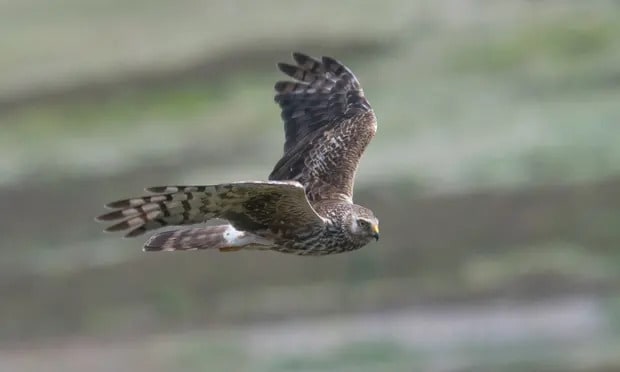
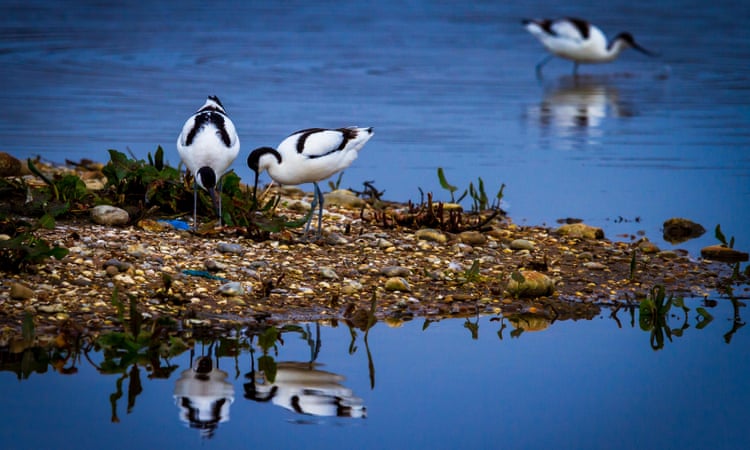
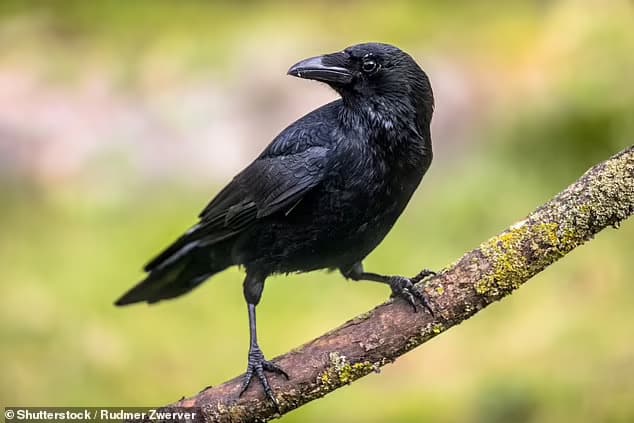
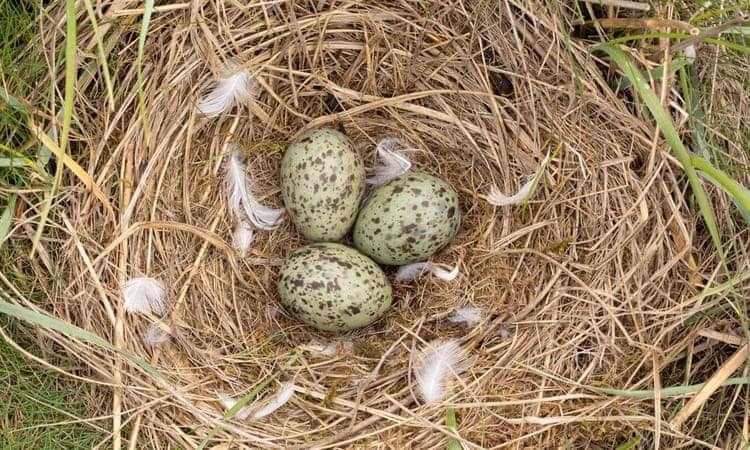

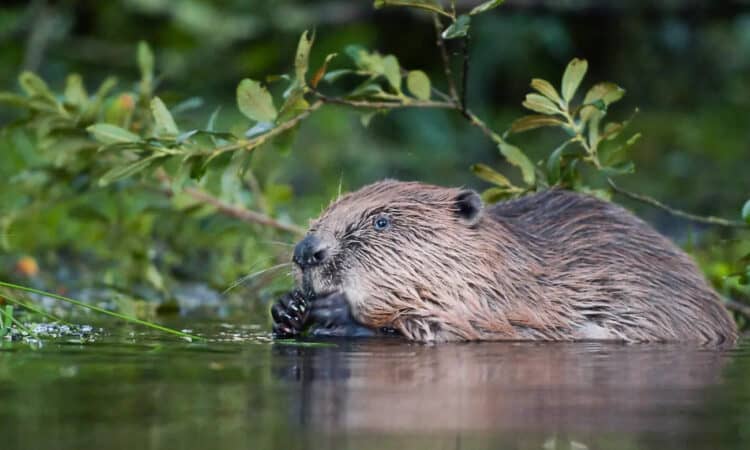
Leave a Reply